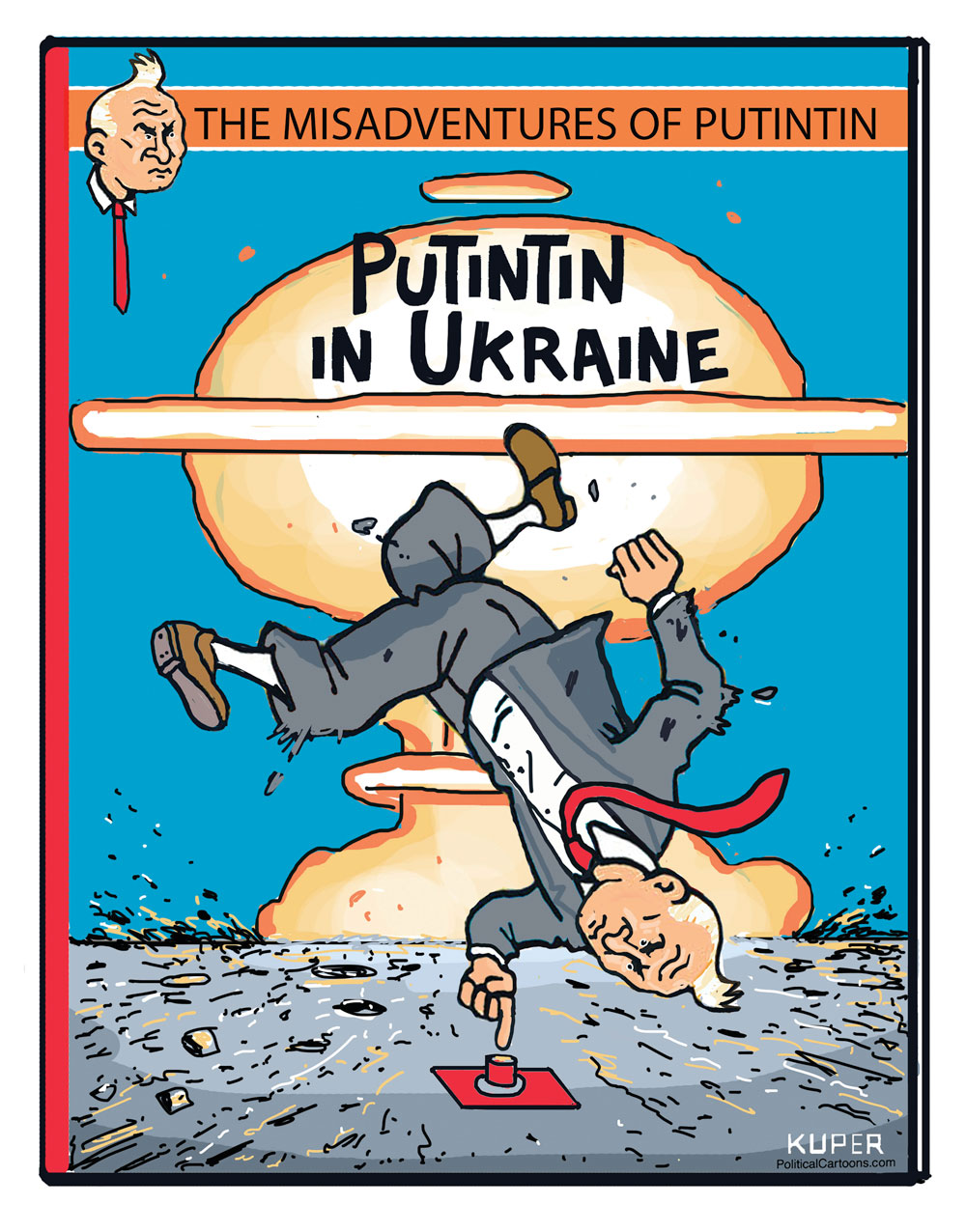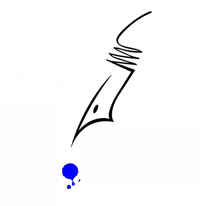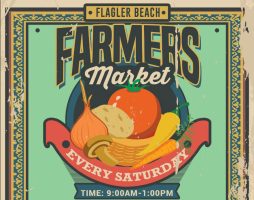
Today at the Editor’s glance: Weather: Partly sunny with a chance of showers in the morning, then sunny in the afternoon. Cooler. Less humid with highs in the mid 70s. North winds 5 to 10 mph. Chance of rain 40 percent. Sunday Night: Clear. Lows in the lower 50s. Northeast winds around 5 mph.
“The Revolutionists,” by playwright Lauren Gunderson, a comedy about four women during the Terror in the French Revolution, is staged at Palm Coast’s City Repertory Theatre at 3 p.m. The Revolutionists propels France’s fight for equality and freedom to modern times with this bold, brave and blisteringly funny new work about feminism, legacy and standing up for one’s beliefs. At The CRT in City Marketplace, 160 Cypress Point Parkway, Suite B207, Palm Coast. Tickets: $20, or $15 for students. Book tickets here. See the preview, “Badass “Revolutionists” Guillotine France’s Reign of Terror in City Repertory Theatre Comedy.”
Byblos: In 1717 Francois Couperin wrote “Les barricades mysterieuses,” literally translated as “The Mysterious Barricades.” The title seems to be as evocative as the piece, even if no one has managed to explain the title. Couperin didn’t. Explanation is not that important. Think of those titles that accompany art works in museums. We rush to them as if to the holy grail, missing the point, which is in the work (if even there: let’s not even be so reductive as to look for a point), not the title. Sometimes the artist winks back, as if to tell you not to put much stock in titles, if not in the work itself, like Magritte’s “La trahison des images,” or “The Treachery of Images,” with its famous Ceci n’est past une pipe (“This is not a Pipe”), a wink as rich in double entendres as the piece itself (une pipe, in French, is a blow job). Or think of the way titles are imposed on musical works postpartum—Beethoven’s “Moonlight” sonata, a marketing trick he had nothing to do with that cheapens rather than informs the piece. I’m getting far afield. Evocation is enough. The great (late) harpsichordist Scott Ross likened the Couperin piece, anachronistically (an interpreter of his genius must have poetic license), to something like a train. Had it been used as a wedding processional, a funeral processional, a baptismal processional, even a graduation processional, and stuck to that use over the centuries, it would have probably worked as well as Vaughan Williams’s march or Bach’s Sheep May Safely Graze. We associate occasions with certain pieces of music not because that’s what the music was written for, but because, like moonlight as a romantic trope, that’s what someone at some point decided to associate it with, and it stuck. Of course associating a heavy metal piece with a Wordsworth poem might seem anachronistic. But you never know. If Picasso could turn a bicycles handlebar and seat into that beautiful bull’s head—the beauty is in the idea as much as in the execution—then why not heavy metal Wordsworth? Art without frontiers is redundant. It’s a tautology, like saying all sonatas are sonatas. Art is by definition without frontiers, a salve to imaginations that may not have the artist’s talent, but that nevertheless are able no less to appreciate its reach and beauty—beauty for its own sake, not because it makes us better human beings, not because it teaches us something (god forbid), not because it makes us “more cultured,” god forbid to the power twelve: art is not transactional. It is not the chamber of commerce’s means to better sales. It is (like human beings, we so often forget) its own end. So to get back to Couperin’s barricades, which at this point may mean the very opposite of the title—or could mean barricades to interpretation—fitting the title into some use, imagining it as anything particular, isn’t the point. What it is in itself is all there has to be. And if you insist on some context, Couperin had a few years before become one of Louis XIV’s court composers, in the setting days of the Sun King’s endless reign. He died in 1715. Maybe the piece calls out to those echoes of echoes in Versailles’ empty chambers, France having never known either a reign or an end so gigantic. Louis XV would be no match. Or this (I see I am contradicting everything I said above): Could Couperin have been daring to pun on the Fronde, the attempted aristocratic and burgeoning bourgeois revolution that Louis XIV so ruthlessly put down, delaying the French Revolution that should have been? (The Fronde could have been to France what the Glorious Revolution would a few decades be to England). Wistful, daring, unbearably elegant Couperin: that’s his barricades. I have listened to this piece over and over, every time hearing it anew. It would work just as well at a memorial for the victims of Ukraine. Or for their dimming but inextinguishable hopes. Here are two versions, the first for harpsichord, the second for piano:
![]()
The Live Calendar is a compendium of local and regional political, civic and cultural events. You can input your own calendar events directly onto the site as you wish them to appear (pending approval of course). To include your event in the Live Calendar, please fill out this form.
January 2026
Flagler Beach Farmers Market
Coffee With Flagler Beach Commission Chair Scott Spradley
Grace Community Food Pantry on Education Way
Second Saturday Plant Sale at Washington Oaks Gardens State Park
American Association of University Women (AAUW) Meeting
‘Lady Day at Emerson’s Bar and Grill,’ the Billie Holiday Story, at City Rep Theatre
ESL Bible Studies for Intermediate and Advanced Students
Grace Community Food Pantry on Education Way
Palm Coast Farmers’ Market at European Village
“Turtle Trail Artists of Flagler County,” at Expressions Art Gallery
Al-Anon Family Groups
‘Lady Day at Emerson’s Bar and Grill,’ the Billie Holiday Story, at City Rep Theatre
For the full calendar, go here.

“I am an American, but I do not believe that any of us loves a blustering nationality–a nationality with a chip on its shoulder, a nationality with its elbows out and its swagger on. We love that quiet, self-respecting, unconquerable spirit which doesn’t strike until it is necessary to strike, and then strikes to conquer.”
–From a 1916 campaign speech by Woodrow Wilson.







































Leave a Reply